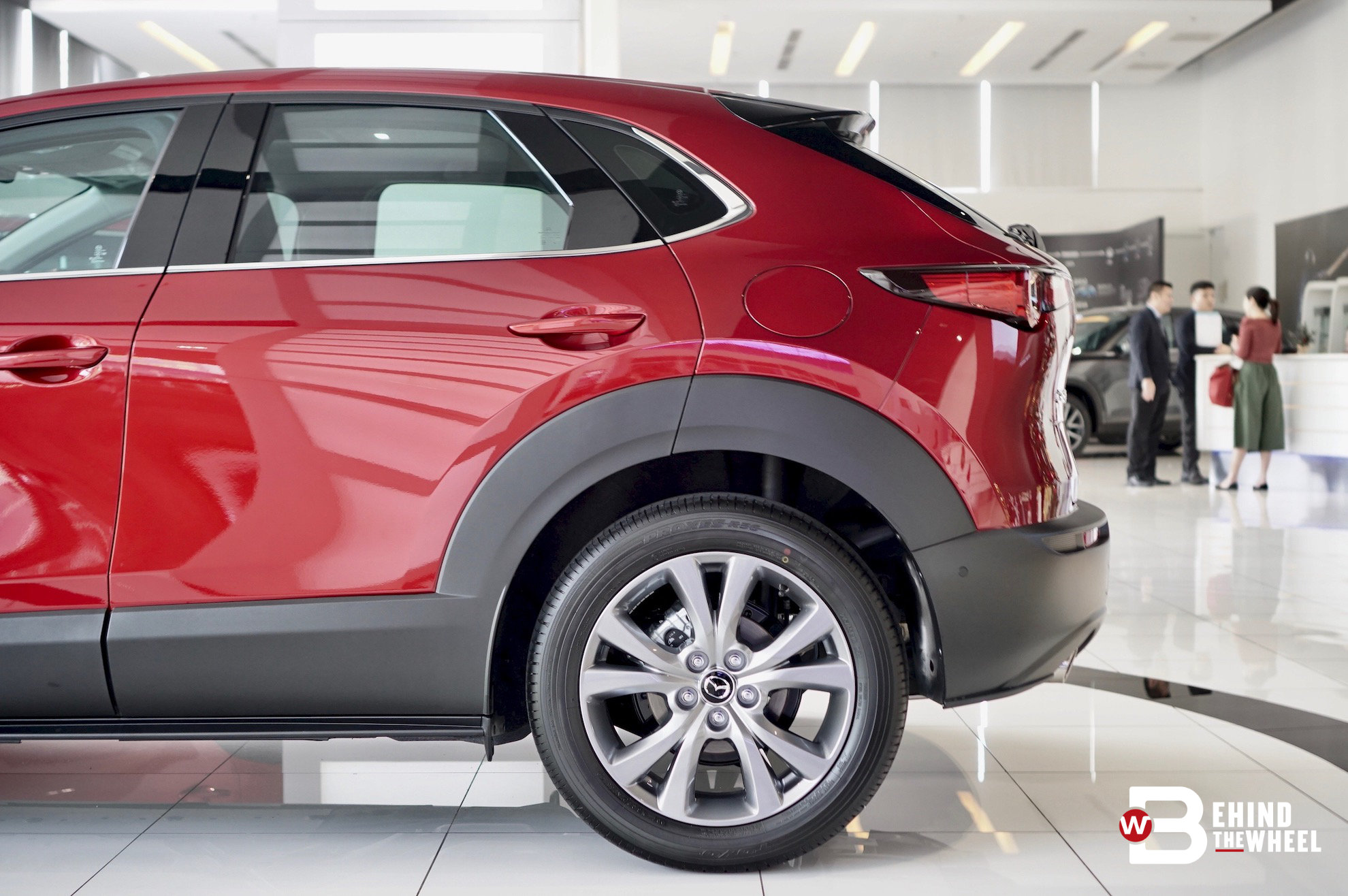The automotive industry was among those struck by the heaviest hits during the Covid-19 pandemic that saw much of the country’s movement restricted. Car sales plummeted with dealers, showrooms and even service centres shuttered for most of the movement control order (MCO).
Needless to say the economy felt the pain from that hit as well and the government subsequently announced a Short Term Economic Recovery Plan that, among other initiatives, would axe the 10 per cent sales tax on locally-assembled (CKD) vehicles and half that of fully-imported (CBU) models in a bid to boost the automotive sector. The exemption period is from 15 June 2020 until 31 December 2020.
Now here’s where most of you will have your fragile hearts and wallets broken; CKD car prices won’t actually drop by 10 per cent and neither will CBU pricing by five per cent. The reality is they might drop but not by the full amount.
Before you start calling for the blood; or engine oil, of car companies, let’s take a look at why that’s the case.
First and foremost, the method of calculation for sales tax sees the amount being factored in earlier in the equation of finalising the end price for buyers before other subsequent fees are added on after. Therefore, the 10 per cent deduction will in reality reflect a 6-7 per cent reduction in the final price. CBU vehicles will probably be subjected to a real-world reduction of three per cent or so.
Secondly, the announcement caught out many of the carmakers themselves and therefore they’re frantically scrambling to acquire details from the relevant government agencies to revise the pricing accordingly.
Another factor to consider is how the brands themselves are structured here. Certain stock delivered to dealers may have already had the sales tax disbursed and must therefore be included in the final selling price to avoid a loss.
However, as an end buyer making a purchase during the exemption period, will you really care about that? We’re betting our left nut you won’t. In your mind, you’re purchasing a car during the sales tax exemption period and therefore shouldn’t be subjected to it. Hell, your decision to buy a car might be cemented by the sales tax exemption so if it’s not being passed on to you, why bother?
The only way around this scenario for carmakers is if the Royal Malaysian Customs Department introduced a method of reclaiming the taxes paid for such vehicles.
Another common structure for carmakers here is having distinct companies for manufacturing and selling. In this scenario, the manufacturing arm will sell completed vehicles to the sales side who will then sell it to the customers. However, since the vehicle is technically sold twice in this context, sales tax applies twice although it doesn’t mean a 20 per cent increase in price.
Last but certainly not the least factor to consider is that car companies themselves were probably about to throw some massive discounts, rebates or whatnot to boost sales considering the MCO slump; regardless of the government’s exemption.
Whether they choose to maintain some margins for themselves by including the sales tax exemption as part of those discounts or passing all of it on to the customer is their onus. In the case of the latter, that’s going to be a substantial discount.
Our money’s on carmakers just going for zero-down payment offers to simplify things and include the aforementioned rebates to make up for the standard 10 per cent amount. Until finalised pricelists are released though, best to just wait and see since you have until the year end.
